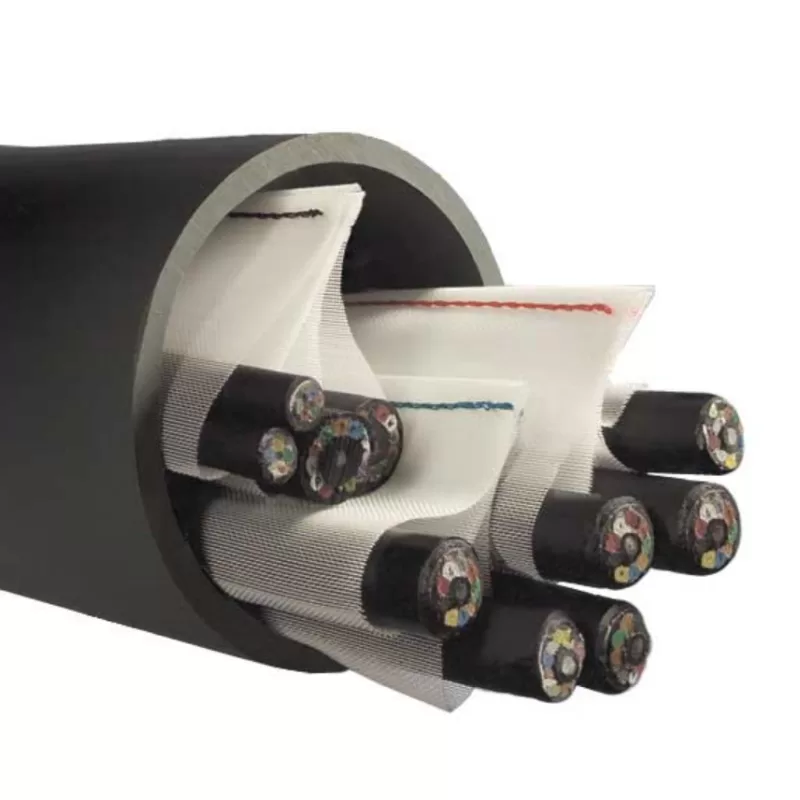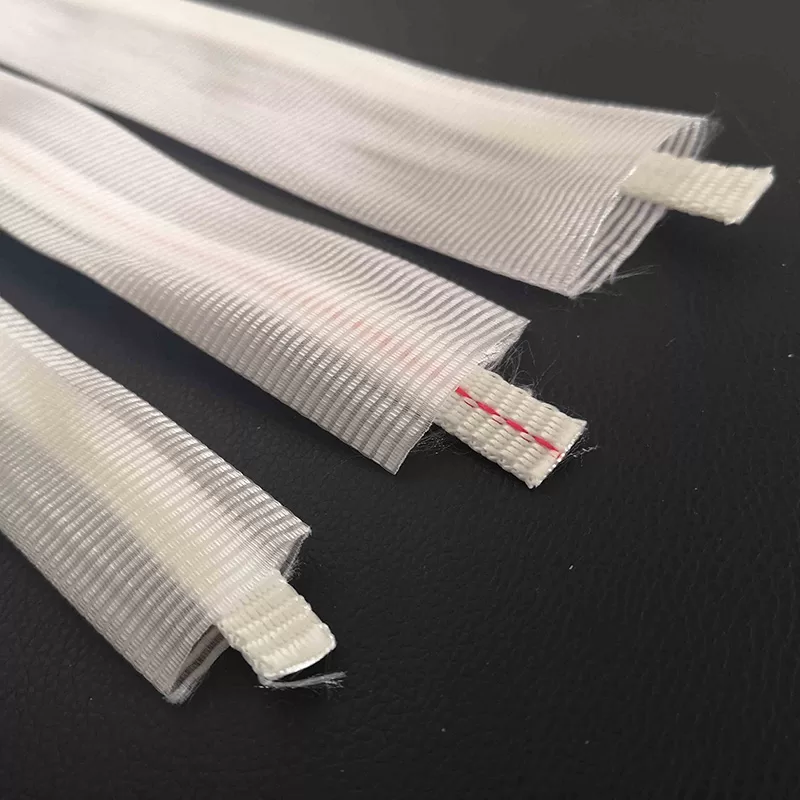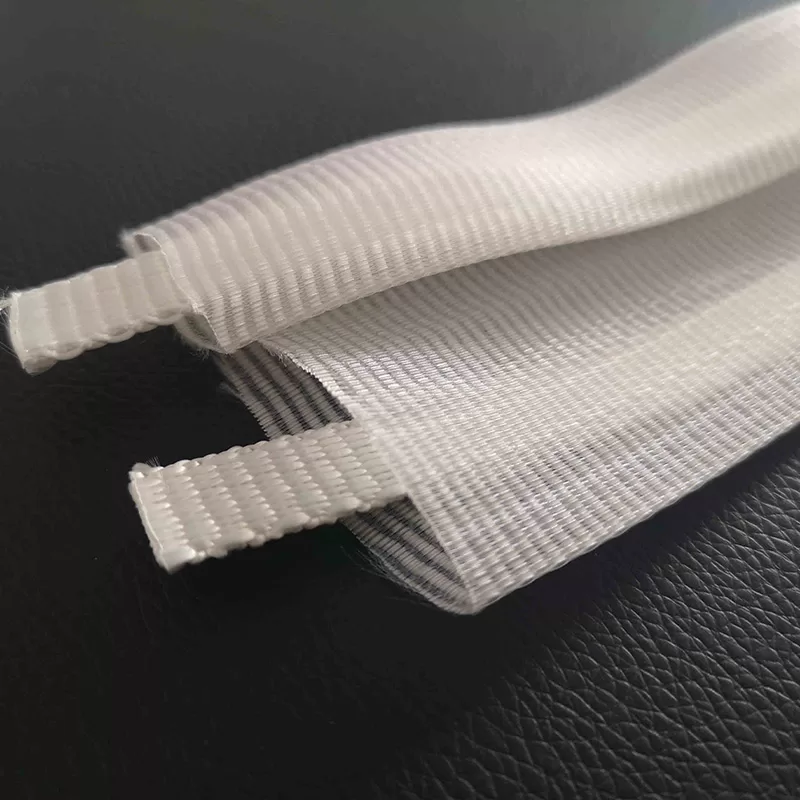FiberCheap and MaxCell are two leading manufacturers of fabric innerduct, a type of innerduct that is made from a woven fabric material. Fabric innerduct is becoming increasingly popular in the telecommunications industry due to its many advantages over traditional rigid innerduct, such as increased flexibility, durability, and ease of installation.
In this article, we will compare FiberCheap and MaxCell fabric innerduct in detail, and explain why FiberCheap is the better choice for most applications.

Fabric Innerduct Key Features
Here is a table comparing the key features of FiberCheap and MaxCell fabric innerduct:
| Ciri | FiberCheap | MaxCell |
|---|---|---|
| bahan | Woven polyester fabric | Woven polyester fabric |
| Strength | 300 psi | 300 psi |
| Temperature rating | -40°F to 167°F | -40°F to 167°F |
| UV resistance | Yes | Yes |
| Chemical resistance | Yes | Yes |
| Corrosion resistance | Yes | Yes |
| Rodent resistance | Yes | Yes |
| Installation method | Pull-in | Pull-in |
Fabric Innerduct Benefits
Both FiberCheap and MaxCell fabric innerduct offer a number of benefits over traditional rigid innerduct, including:
- Increased flexibility: Fabric innerduct is much more flexible than rigid innerduct, making it easier to install in tight spaces and around corners.
- Durability: Fabric innerduct is made from a very durable material that is resistant to abrasion, puncture, and tearing.
- Ease of installation: Fabric innerduct is much easier to install than rigid innerduct, as it does not require any special tools or equipment.
- Reduced cost: Fabric innerduct is often less expensive than rigid innerduct, especially for long-distance installations.
Advantages of FiberCheap Fabric Innerduct


In addition to the general benefits of fabric innerduct, FiberCheap fabric innerduct offers a number of specific advantages over MaxCell fabric innerduct, including:
- Superior tensile strength: FiberCheap fabric innerduct has a higher tensile strength than MaxCell fabric innerduct, making it more resistant to pulling and stretching.
- Better crush resistance: FiberCheap fabric innerduct has a better crush resistance than MaxCell fabric innerduct, making it less likely to be damaged during installation or backfill.
- Lower cost: FiberCheap fabric innerduct is typically less expensive than MaxCell fabric innerduct, making it a more cost-effective choice for most applications.
Case Studies
Here are a few case studies that demonstrate the benefits of using FiberCheap fabric innerduct:
- Case Study 1: A major telecommunications company was installing fiber optic cable in a new subdivision. The company was initially planning to use rigid innerduct, but they decided to switch to FiberCheap fabric innerduct after learning about its many advantages. The company was able to save a significant amount of time and money by using FiberCheap fabric innerduct, and the installation was completed without any problems.
- Case Study 2: A construction company was installing fiber optic cable under a busy highway. The company needed to use a pulling method that would not damage the highway surface. The company chose to use FiberCheap fabric innerduct because of its flexibility and durability. The installation was completed successfully, and the highway was not damaged.
- Case Study 3: A data center operator was expanding its network and needed to install new fiber optic cable. The operator chose to use FiberCheap fabric innerduct because of its ease of installation and cost-effectiveness. The installation was completed quickly and easily, and the operator was able to save a significant amount of money by using FiberCheap fabric innerduct.
Kesimpulan
FiberCheap fabric innerduct is the better choice for most applications compared to MaxCell fabric innerduct. FiberCheap fabric innerduct is stronger, more crush-resistant, and less expensive than MaxCell fabric innerduct. FiberCheap fabric innerduct is also easier to install and maintain.
If you are looking for a high-quality, durable, and cost-effective fabric innerduct solution, we recommend FiberCheap fabric innerduct.
